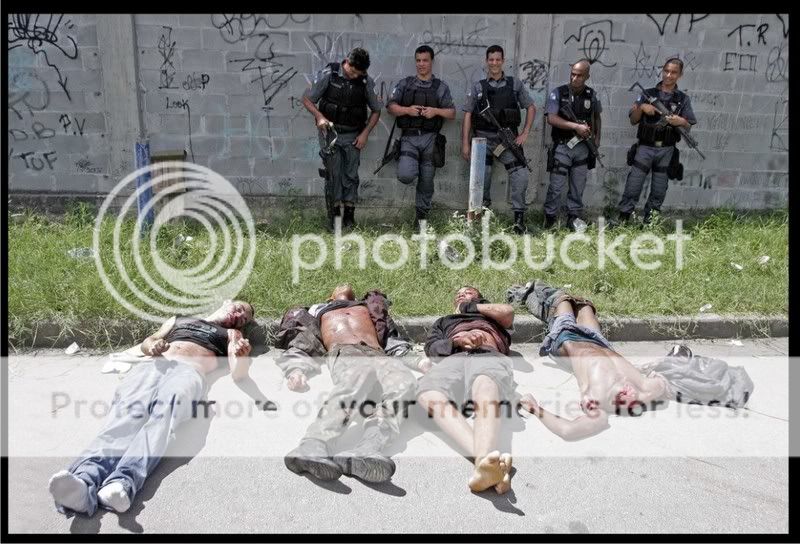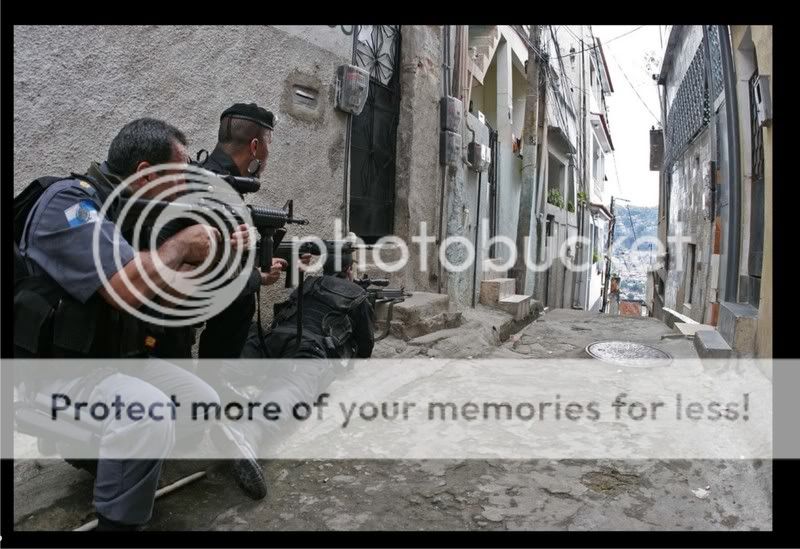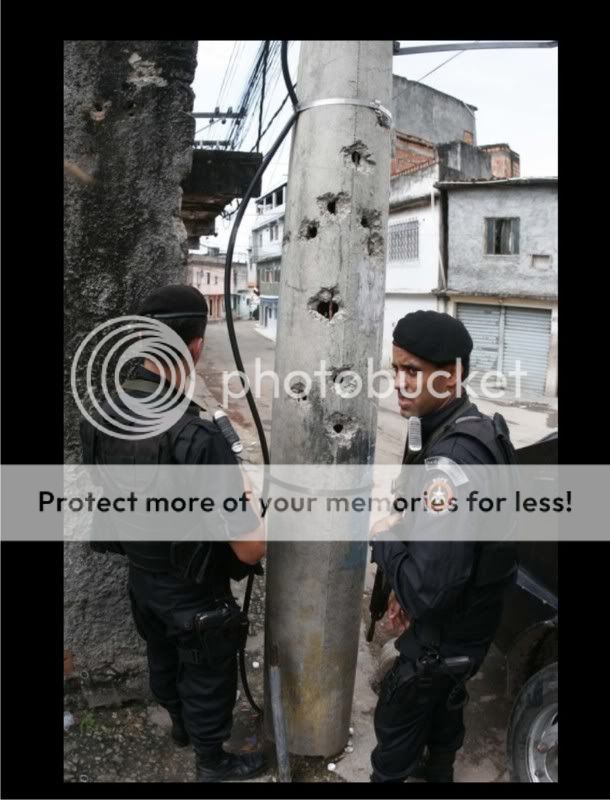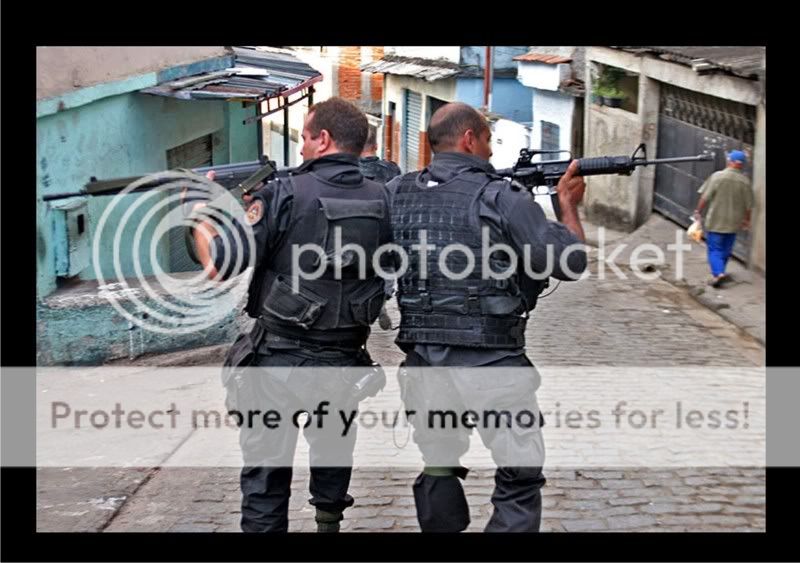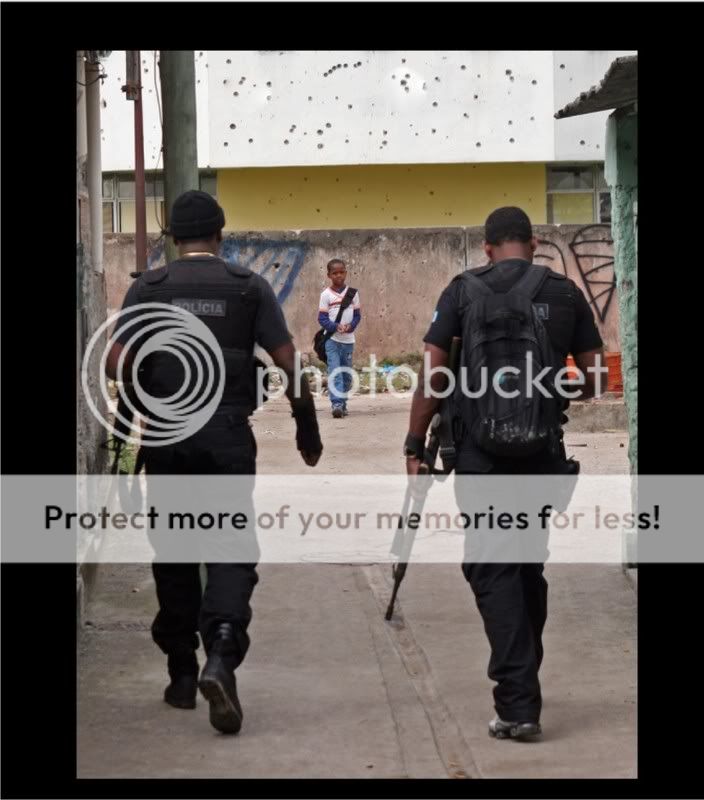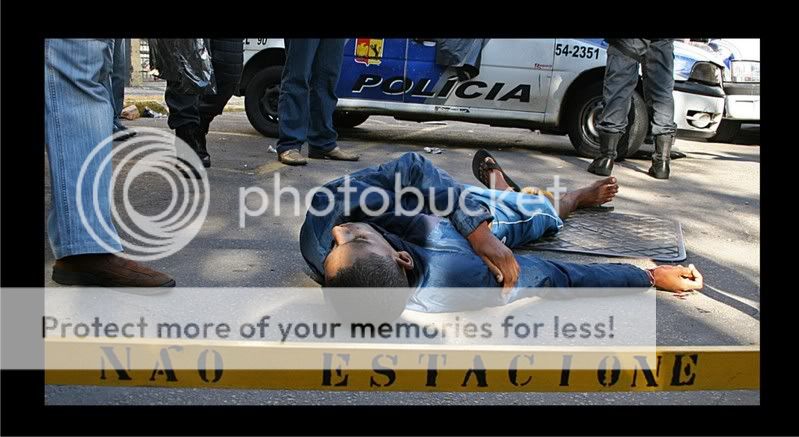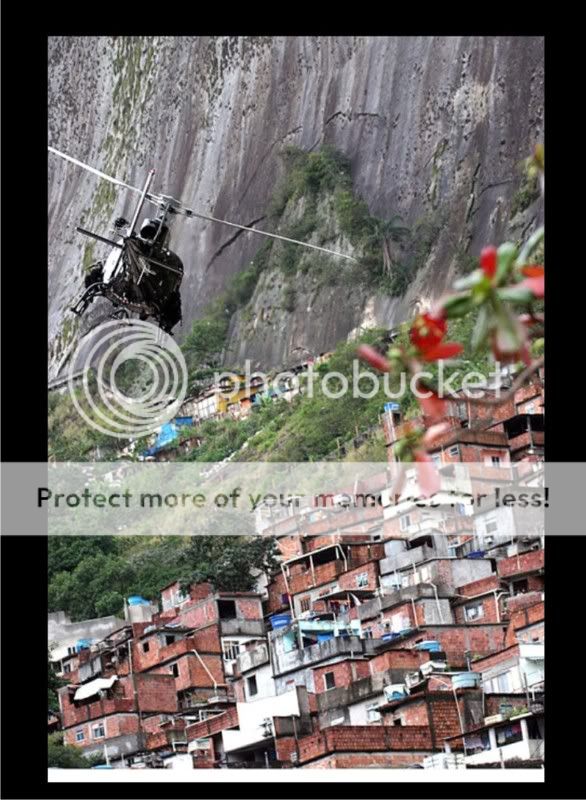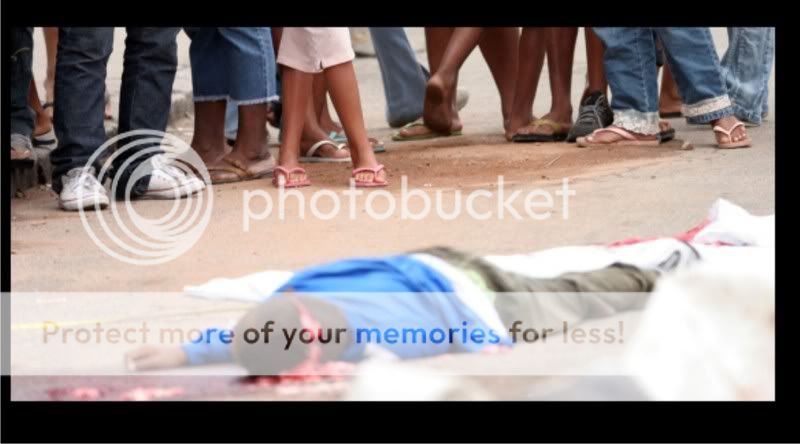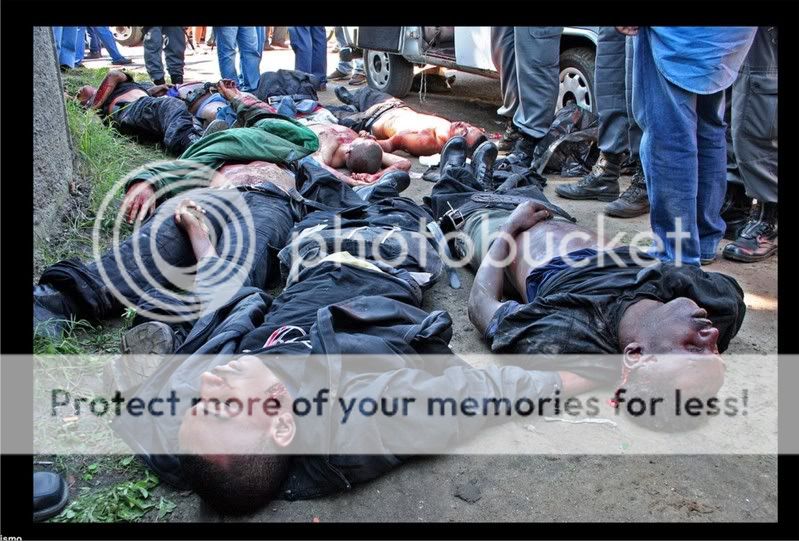CRIME: Crime throughout Brazil has reached very high levels. The Brazilian police and the Brazilian press report that the rate of crime continues to rise, especially in the major urban centers – though it is also spreading in rural areas. Brazil’s murder rate is more than four times higher than that of the U.S. Rates for other crimes are similarly high. The majority of crimes are not solved. There were several reported rapes against American citizens in 2006.
Street crime remains a problem for visitors and local residents alike, especially in the evenings and late at night. Foreign tourists are often targets of crime and Americans are not exempt. This targeting occurs in all tourist areas but is especially problematic in Rio de Janeiro, Salvador and Recife.
Caution is advised with regard to nighttime travel through more rural areas and satellite cities due to reported incidents of roadside robberies that randomly target passing vehicles. Robbery and “quicknapping” outside of banks and ATM machines are common. In a “quicknapping,” criminals abduct victims for a short time in order to receive a quick payoff from the family, business or the victim’s ATM card. Some victims have been beaten and/or raped.
The incidence of crime against tourists is greater in areas surrounding beaches, hotels, discotheques, bars, nightclubs, and other similar establishments that cater to visitors. This type of crime is especially prevalent during Carnaval (Brazilian Mardi Gras), but takes place throughout the year. While the risk is greater at dusk and during the evening hours, street crime can occur both day and night, and even safer areas of cities are not immune. Incidents of theft on city buses are frequent and visitors should avoid such transportation. Several Brazilian cities have established specialized tourist police units to patrol areas frequented by tourists. In Rio de Janeiro, crime continues to plague the major tourist areas (see separate section on Rio de Janeiro).
At airports, hotel lobbies, bus stations and other public places, incidents of pick pocketing, theft of hand carried luggage, and laptop computers are common. Travelers should "dress down" when outside and avoid carrying valuables or wearing jewelry or expensive watches. "Good Samaritan" scams are common. If a tourist looks lost or seems to be having trouble communicating, a seemingly innocent bystander offering help may victimize them. Care should be taken at and around banks and internationally connected automatic teller machines that take U.S. credit or debit cards. Very poor neighborhoods known as "favelas," such as those located on steep hillsides in Rio de Janeiro, are found throughout Brazil. These areas are sites of uncontrolled criminal activity and are often not patrolled by police. U.S. citizens are advised to avoid these unsafe areas. Carjacking is on the increase in Sao Paulo, Recife and other cities.
Travelers using personal ATMs or credit cards sometimes receive billing statements with non-authorized charges after returning from a visit to Brazil. The Embassy and Consulates have received numerous reports from both official Americans and tourists who have had their cards cloned or duplicated without their knowledge. Those using such payment methods should carefully monitor their banking online for the duration of their visit.
While the ability of Brazilian police to help recover stolen property is limited, it is nevertheless strongly advised to obtain a "boletim de ocorrencia" (police report) at a "delegacia" (police station) whenever any possessions are lost or stolen. This will facilitate the traveler's exit from Brazil and insurance claims.
